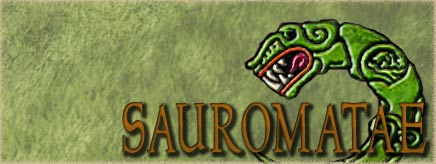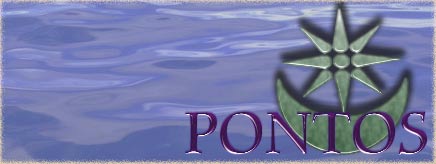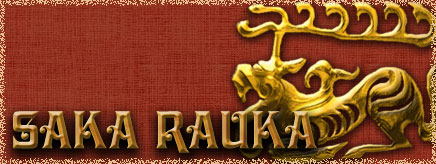
Originally Posted by
Arjos

The fact that those who invaded the Balkans, settled Anatolia in the early 3rd century BC, were celtic and migrated over a century from that area.. None of them spoke a germanic language. The fact that at that time the Jastorf culture, was just beginning to experience depopulation. I never said anything about Eluetoi and Balts sharing language (but again at that time, peoples from core germanic areas, knew and spoke celtic: see, Boiorix, later Ariovistus etc), but in the late 2nd century BC, they considered themselves as close kin and kept close relations. It was in these groups that the Cimbri, found useful intermediaries.
That in your view a language should survive forever in time, where it once was, is honestly ridiculous. Especially considering the adaptability of these tribes.
Central Europe oppidas (another celtic feature), suffered something of a cataclysmic series of events. And it was in that depleted (in terms of population) area, that germanic tribes settled and developed.
What evidences do you have for the wolk- root to predate any celtic language?
Which again on the note of meaning, if you take wolk-, those danubians called themselves "people" (really?), or if you take walh-, they called themselves "foreigners" (again, really?).
And in overall, the distinction germanic/celtic, (with germanic as we understand it today), was something that developed later, with basically the extinction of the eastern celts. Since the bronze age, central europe and northern europe, saw the spreading of communities, close in customs and trade, with in time regionally developed in their own way, in connection to the specific resources or contacts with other cultures.






 Reply With Quote
Reply With Quote









Bookmarks